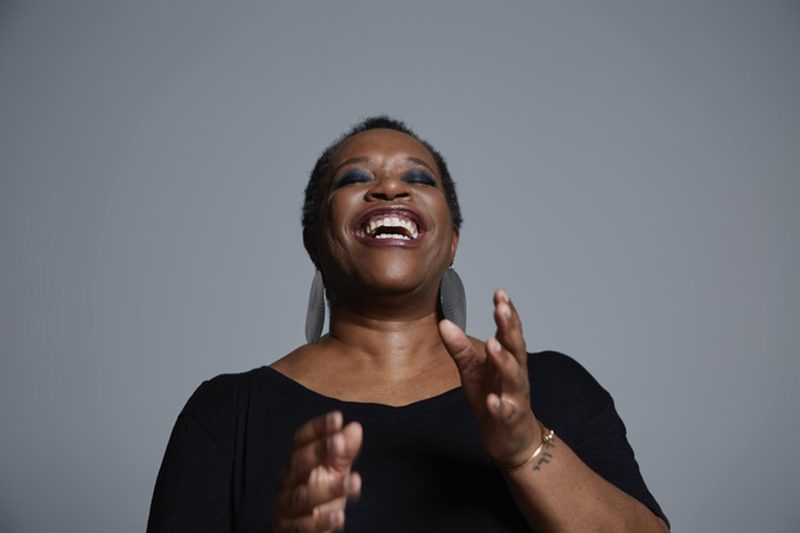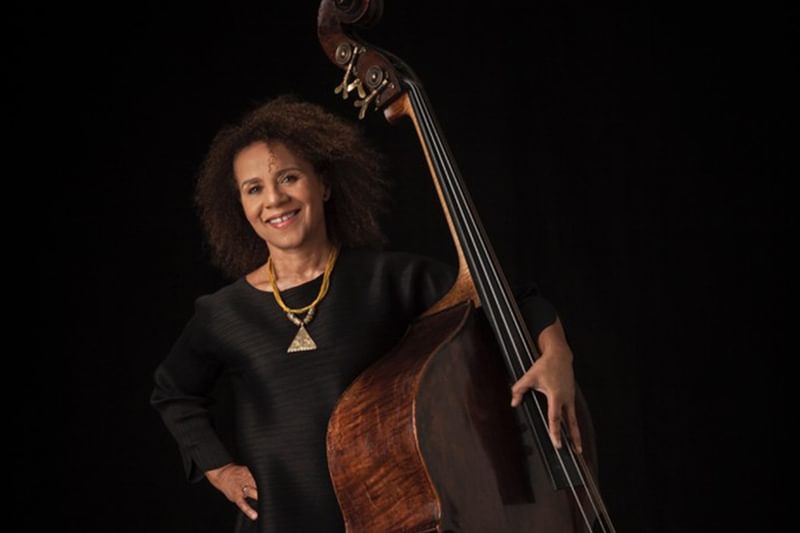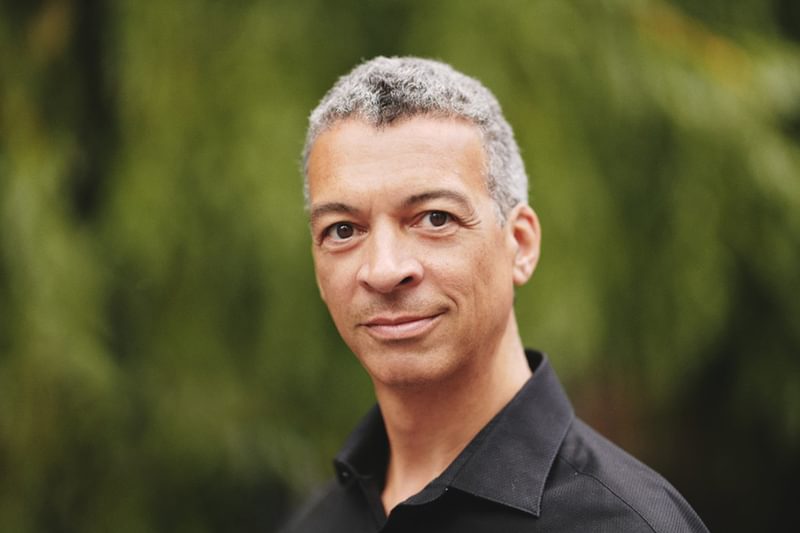'The culture behind an African Caribbean Society is one moulded by a rich tapestry of identifiable history in opposition to colonialist narratives and systemic marginalisation. This Black History Month, there is a focus on correcting the misrepresentations of the Black and mixed race experiences, with an emphasis on self-determination and empowerment.
'For us at the Academy, the concept of ‘Reclaiming our Narratives’ revolves around honouring the legacy of organisations and individuals who have reinforced the importance of Black contributions to the music industry. This is vital in how we position ourselves (the new generation of musicians) in relation to the past, and how we reshape the lens through which we are viewed. We would like to use this month to embrace the power of our own stories to demonstrate the affirmation of our present, resistance to the confines of the restrictive past and self-determined propagation of our future. In short, we embrace our truth that defines us.'
Joshua Furtado-Mendes, President of the African Caribbean Society
The ACS reached out to leading Black figures in the classical music industry – some of whom also have strong connections to the Academy – to ask them about the barriers they have faced in their careers, how these barriers are being knocked down, advice for young Black musicians and their hopes for the future of the industry. Read highlights from some of the responses below, and find out more on the ACS's Instagram page.
The ACS has also curated an exhibition which will be on display at the Academy. This exhibition seeks to explore the powerful cultural and historical narratives captured in three pivotal vinyl albums: Paul Robeson’s Songs of Free Men–Spirituals, Louis Armstrong’s Hot Five (7”, EP) and the Fisk Jubilee Singers Vol.2 (1915-1920). These works represent the musical traditions of African Americans whilst highlighting themes of resistance, empowerment and cultural pride. They will examine how these artists used their music to invoke social change, preserve Black history and redefine their identities to understand the legacy of Black diasporic resilience and creativity.

Allyson Devenish
Artistic Director of Nitrovox, Senior Staff coach at the National Opera Studio, Academy alum
I feel very hopeful for the future. I'm witnessing so much autonomy - young musicians of colour have a strong sense of presence and identity. The combination of that awareness and a desire to represent themselves in an art form close to their heart is hugely encouraging.
My journey, while not fraught with obvious barriers, certainly had me dealing with a myriad of micro-aggressions. The subtle varieties of racism are exhausting. How I overcame all of that? A strong sense of self, a fierce desire to do what I love/what makes me breathe.
I'm a firm believer in 'doing what you do, doing what you love, doing it well'. What cannot be taken away is your passion and ability. Breaking down barriers? Your very presence is the first step. Keep being seen. Keep sharing your very being. They can't take that away from you.

Chi-chi Nwanoku CBE
Founder & Artistic Director of Chineke!, Academy alum
Throughout my early career, I encountered resistance that took various subtle forms, none related to the quality of my playing. This caused considerable confusion and required me to find strategies to manage these challenges while ensuring my performance remained impeccable. The pressure of constant, unwarranted scrutiny is a tremendous burden for any young professional. I endured these pressures, not just for my own career, but in the hope that future generations of musicians would not have to face the same. Hence why I created Chineke!.
Looking forward, I'm driven by the vision of a classical music world where the diversity of its contributors is both recognised and celebrated, where the only barriers to success are the limits of one's own talent. I'm hopeful that our industry will evolve into a place where the diversity of its contributors is simply a natural part of its excellence, where every musician's talent speaks for itself.

Roderick Williams
Operatic Baritone and Composer, Honorary Member of the Royal Academy of Music
I take great satisfaction in observing that the conversation about race and inclusion within classical music is happening openly and throughout the profession. From representation on stage, amongst audiences, in management and at board level, something that had been largely ignored in previous generations is being explored and debated today in a way that gives me confidence that the conversation can only go forwards.
There is yet work to be done but people and organisations are at least open to doing that work, and what has already been achieved has been widely welcomed and celebrated. I feel that the arts as a whole are at the forefront of this conversation, and that the arts are in many ways one of the best places in which to have this general, public, all-embracing debate. And I take great pleasure in seeing the number of astounding young musicians in the generations behind me who are making waves, demanding to be heard, seizing their opportunities not by way of the righteousness of their cause but by the quality of their talent.
